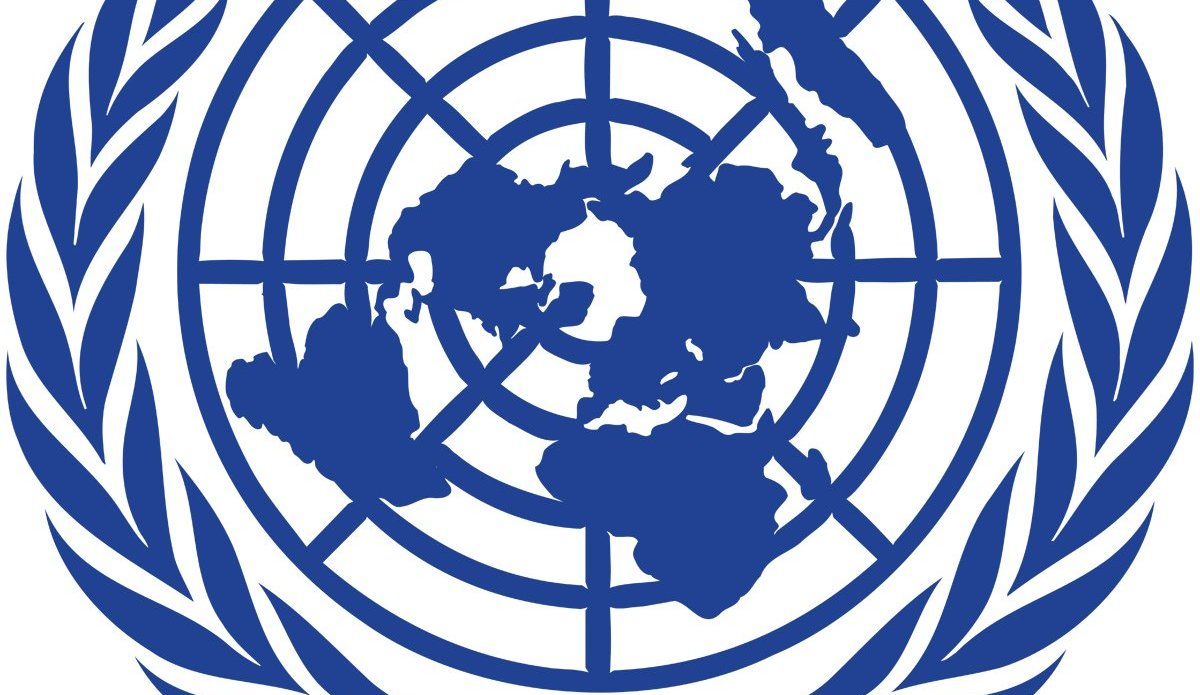UNAMA initial findings into recent air strikes – at least 28 civilians killed
KABUL - The UN Assistance Mission in Afghanistan (UNAMA) is gravely concerned by the killing of at least 28 civilians and injury of 16 others – all women and children – during air strikes in Herat and Logar provinces this week.
According to UNAMA’s initial enquiries, air strikes reportedly targeting Anti-Government Elements in the Shindand district of Herat province on 28 August killed at least 15 civilians and injured four others after munitions hit at least two civilian homes.
On 30 August, airstrikes conducted in the Pul-e-Alam district of Logar province killed at least 13 civilians and injured 12 others, UNAMA’s preliminary findings indicate. The air strikes reportedly targeted Anti-Government Elements as they used a civilian compound to attack aircraft. UNAMA notes the news release issued by United States Forces in Afghanistan that it is aware of an incident in the Logar area and that they have opened an investigation into it.
UNAMA will continue its independent work to establish the facts around the harm caused to civilians from these attacks, including looking into allegations that Anti-Government Elements deliberately used civilians or civilian locations as a shield.
UNAMA has recorded a 43 per cent increase in civilian casualties from aerial operations during the first six months of 2017 compared to the same period in 2016, documenting 232 civilian casualties (95 deaths and 137 injured), with substantial increases in women and child deaths.
“I am deeply saddened to hear that women and children have once again suffered so terribly from the conflict,” said Tadamichi Yamamoto, the Secretary-General’s Special Representative for Afghanistan and head of UNAMA. “This is unacceptable. All parties must live up to their obligations to take all feasible measures to protect civilians.”
UNAMA urges authorities to ensure independent, impartial and prompt investigations of both incidents at the earliest opportunity, and for appropriate steps to be taken to ensure accountability, compensation for victims and the prevention of such incidents in the future.
 UN
UN







